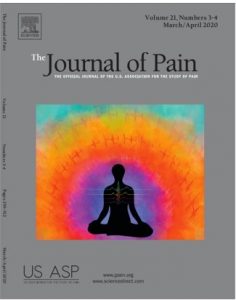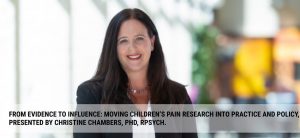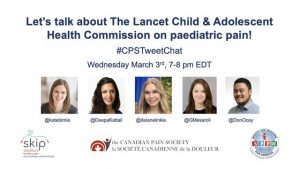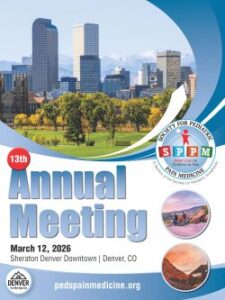
The US Association for the Study of Pain along with the pain community has banded together to help USASP purchase The Journal of Pain, one of the highest impact factor journals in pain medicine. All members of will now have access to the Journal of Pain with full member status. This includes access to all documents and resources that the Journal of Pain offers.
Click here for more details: https://usasp.memberclicks.net/journal-of-pain




 SPPM 13th Annual Meeting
SPPM 13th Annual Meeting